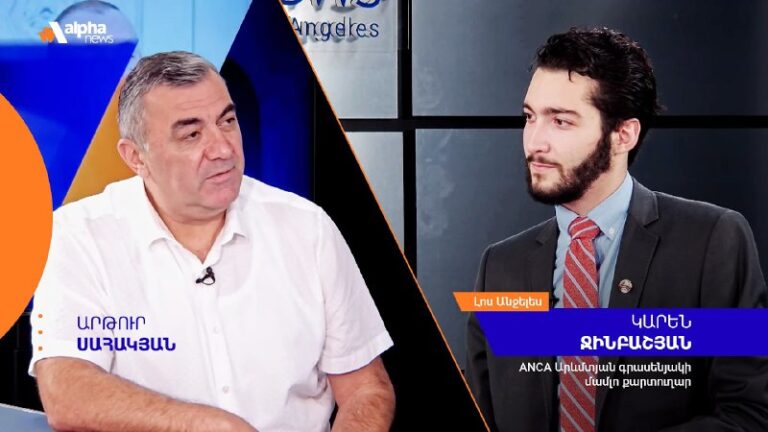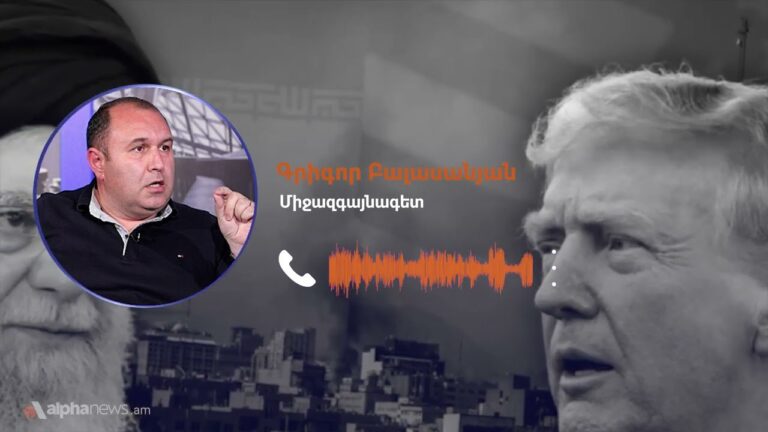Baku will not sign agreement as long as it remains feasible to avoid doing so, says political scientist
Speaking with Alpha News, political scientist Robert Ustyan commented on the meeting of the foreign ministers of Armenia and Azerbaijan, Ararat Mirzoyan and Jeyhun Bayramov, on the sidelines of the Antalya Diplomacy Forum. According to the expert, Aliyev failed to propose a unifying idea for the Azerbaijani people, instead resorting to the narrative of an Armenian threat.
“The delay in the peace process by Azerbaijan actually has a simple explanation: after the second Karabakh war, President Aliyev failed to come up with a common idea that could unite the Azerbaijani people, so he started systematically using the so-called Armenian threat to maintain a constant atmosphere of tension and fear within society. Armenia serves as a bogeyman for Mr. Aliyev to further strengthen his authoritarian power in the country.
And his strategy extends beyond this threat. If we analyze Azerbaijan’s military spending, it has grown by 30% this year. While Baku declares its readiness for peace, this expenditure appears to be a means of securing loyalty from the security bloc, which may at some point get out of control in the face of mass demonstrations or threats to the current regime. Therefore, these actions reflect Mr. Aliyev’s lack of unifying ideas, which continues to stall the peace process,” Ustyan said.
According to the political scientist, Baku does not intend to sign a peace agreement with Yerevan.
“Under no circumstances will Baku sign this agreement as long as it remains feasible to avoid doing so. Even if Mr. Pashinyan were to concede to all of Baku’s demands, Ilham Aliyev would still refuse, citing trivial reasons. Therefore, everything that is happening in this process is already reaching the point of absurdity, resembling a fairy tale about a goldfish, where Baku’s demands grow increasingly excessive.
But in the end, this can have a disastrous effect on both the peace process and the Azerbaijani president, as he may end up with far fewer concessions than he currently seeks. Therefore, this process remains incomplete, but the parallel global developments in Ukraine and around the Russian negotiation process can significantly change the balance of power in the South Caucasus. In the near future, I think we will witness important events that could change the game. Where Mr. Aliyev will stand in this new configuration remains an open question,” Ustyan concluded.







